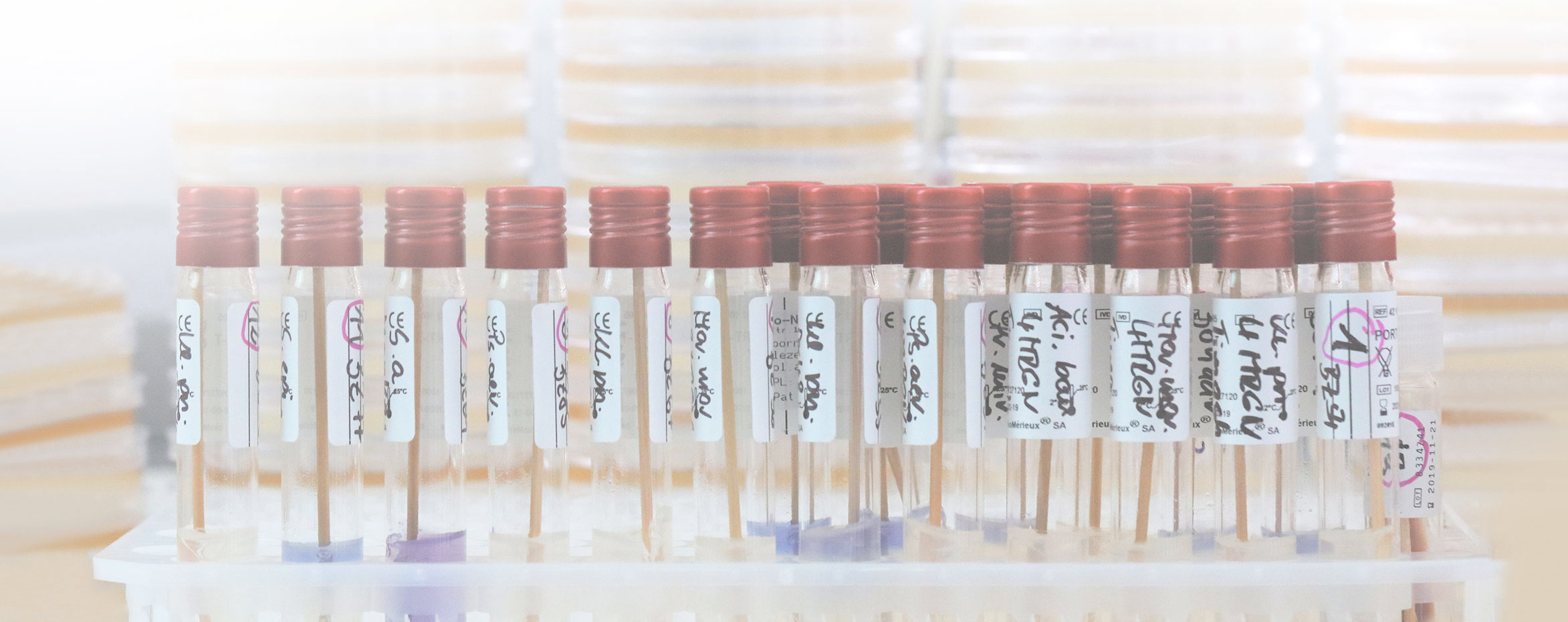Previous application, experiences, international research activities
In the March issue of Microbiology Australia, Jean-Paul Pirnay, Daniel De Vos and Gilbert Verbeken, three well-known Belgian phage experts from the Queen Astrid Military Hospital in Brussels, give an overview of initiated and completed clinical applications of bacteriophages and their development in Europe. They show the exponential increase in the number of publications in the keyword search “phage therapy” and a list of ten randomized controlled clinical trials, including the completed European project Phagoburn, a multi-centre trial involving several clinics in Belgium, France and Switzerland. The journal Antibiotics 7 (April 2018) presents a detailed international overview by Wilbert Sybesma (University Hospital Balgrist, Zurich) et al. The phage application studies are summarized below:
In Germany, Phage4Cure (LINK) started in September 2017, funded by the Federal Ministry of Education and Research. This German pilot project aims at the inhalative administration of a purified phage mixture against Pseudomonas aeruginosa in CF and non-CF bronchiectase patients (CF = cystic fibrosis) in a systematic clinical study in a single-centre trial after completion of the funded 3-year period. This includes phase I, testing on healthy volunteers. The project is intended to prove the safety and efficacy of phage preparations. The clinical study will be conducted at the Charité-Universitätsmedizin Berlin, Medical Clinic with focus on Infectiology and Pneumology and the Charité Research Organisation GmbH, Berlin. Initiated by Phage4Cure, the Fraunhofer Institute for Experimental Medicine (ITEM, Braunschweig) develops the first platform in Germany for the purification of phages as anti-infective pharmaceutical agents with a purification process according to GMP guidelines (GMP = Good Manufacturing Practice), so that further future projects benefit from the experience.
A high quality of such phage preparations foreseen for human medicine is indispensable. In addition to the special expertise of the participating scientists, this can be guaranteed by GMP processes with corresponding documentation. However, demands are also always placed on the biological capabilities of the individual selected phages, which are produced for sustainable and broad application in as many patients as possible. Therefore, the selection of suitable phages is based on many microbiological laboratory experiments and relevant experience. The effect of phages is a complex biological system of phage and bacterial cell interaction and is subject to individual kinetics. All such in vitro experiments are preconditions and can only be extrapolated to a certain extent and are able to predict in vivo success. Since phage therapy has not only proven itself in individual case therapies in the East for over 100 years, but also in the meantime numerous clinical studies (see above) as well as individual case therapies according to Western standards have shown the safety and efficiency of phage preparations, extensive international expertise can now be assumed, a basis for the preparation of a model approval procedure for phage preparations in the West.


